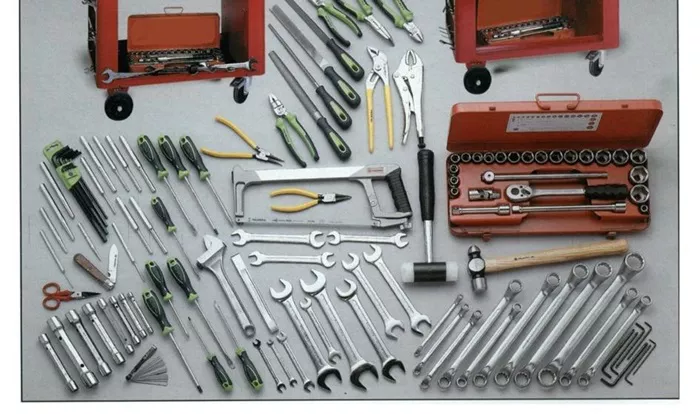Fastener loosening remains one of the most common causes of industrial equipment failure, leading to millions of dollars in unplanned downtime each year. However, this persistent problem has a straightforward and cost-effective solution: threadlockers. These specialized adhesives, also known as machinery adhesives, provide a reliable way to secure threaded assemblies against vibration, thermal expansion, and mechanical stress.
Adam Lyman, an MRO application engineer at Henkel, explains that threadlockers work by filling the microscopic gaps between threads and curing into a hard, durable plastic when confined between metal surfaces without air. This process ensures that bolted joints maintain consistent clamping force over time, preventing loosening while also sealing against corrosion.
Beyond their locking capabilities, threadlockers offer additional benefits. During assembly, they act as lubricants, reducing friction and allowing for more accurate torque application. Once cured, they create a tight seal that prevents moisture and contaminants from compromising the joint. When maintenance or repairs are needed, most threadlockers can be removed with standard tools, though high-strength formulations may require localized heating for disassembly.
Henkel’s Loctite brand provides a comprehensive range of threadlockers to suit various industrial needs. Options include low-strength formulations for small fasteners requiring frequent adjustments, medium-strength versions for general-purpose use, and high-strength adhesives for permanent locking in demanding environments. Specialty products like penetrating formulas can even be applied to pre-assembled fasteners.
The effectiveness of threadlockers has been proven across industries, from automotive manufacturing—where they secure critical engine components—to heavy machinery applications in oil and gas operations. Proper surface preparation and application techniques are key to maximizing performance, including cleaning threads thoroughly and applying the adhesive to the correct number of threads.
By incorporating threadlockers into their maintenance protocols, manufacturers and maintenance teams can significantly reduce equipment failures, extend service life, and avoid costly downtime. This simple yet powerful technology continues to be an essential tool for industrial reliability.
Related Topics:
- What Is the L-Shaped Screwdriver Called?
- Tapcon Concrete Screws: Strength, Cost-Effectiveness, and Practicality
- Veto Tool Bag Review: Quality, Functionality, and Cost-Effectiveness

